National Diplomacy is often described as a governmental hip pocket procedure, and the practice of maintaining peaceful relationships between states or countries is based on negotiations between personified interests or needs, which form the basis of all diplomacy.
• “Transforming Adversaries to Allies: Diplomatic Success Stories”
• “Peace through Dialogue: National Diplomacy in Action”
• “Bridging Divides: Diplomatic Case Studies of Conflict Resolution”
• “From Discord to Accord: Lessons in National Diplomacy”
• “Negotiation to Collaboration: Diplomatic Case Studies”
• “Conflict Resolution to Cooperation: Diplomatic Achievements”
• “Turning Tensions into Alliances: Case Studies in Diplomacy”
Diplomacy has a solid history of converting adversarial relations to cooperative ones. Here are a few case studies, that shows that good diplomatic effort can turn a conflict into cooperation in the name of stability and mutual benefit.
1: The Camp David Accords (1978)
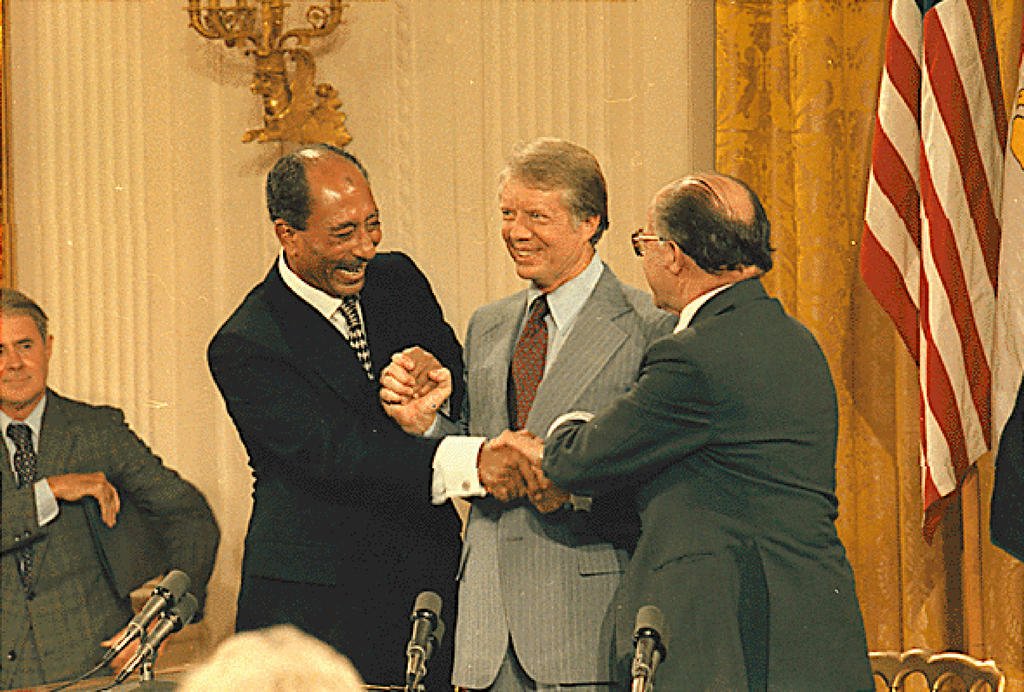
Background:
Leading to warThe Arab-Israeli conflict including the hostilities between Egypt and Israel were a major source of tension in the Middle East. The two countries fought in multiple different wars, the most well known being the Six-Day War of 1967 and the Yom Kippur War of 1973.
Diplomatic Efforts:
U.S. President Jimmy Carter met at Camp David with Egyptian President Anwar Sadat and Israeli Prime Minister Menachem Begin in 1978 for a series of talks that reached an agreement. The discussions were fraught, involving severe levels of mistrust and weighty subjects such as the status of Palestinian lands.
Outcome:
The Camp David Accords established two agreements. One was a peace-framework that ended the conflict between Egypt and Israel, and hence became the 1979 Egypt-Israel Peace Treaty. The agreement was the first between Israel and an Arab state. Egypt signed a separate peace treaty with Israel in 1979, and war ended, and Israel returned the Sinai Peninsula to Egypt though the Camp David Accords ended the remainder of war of between Israel and Egypt, laying the foundation for additional peace processors to come.
2: The Good Friday Agreement (1998)
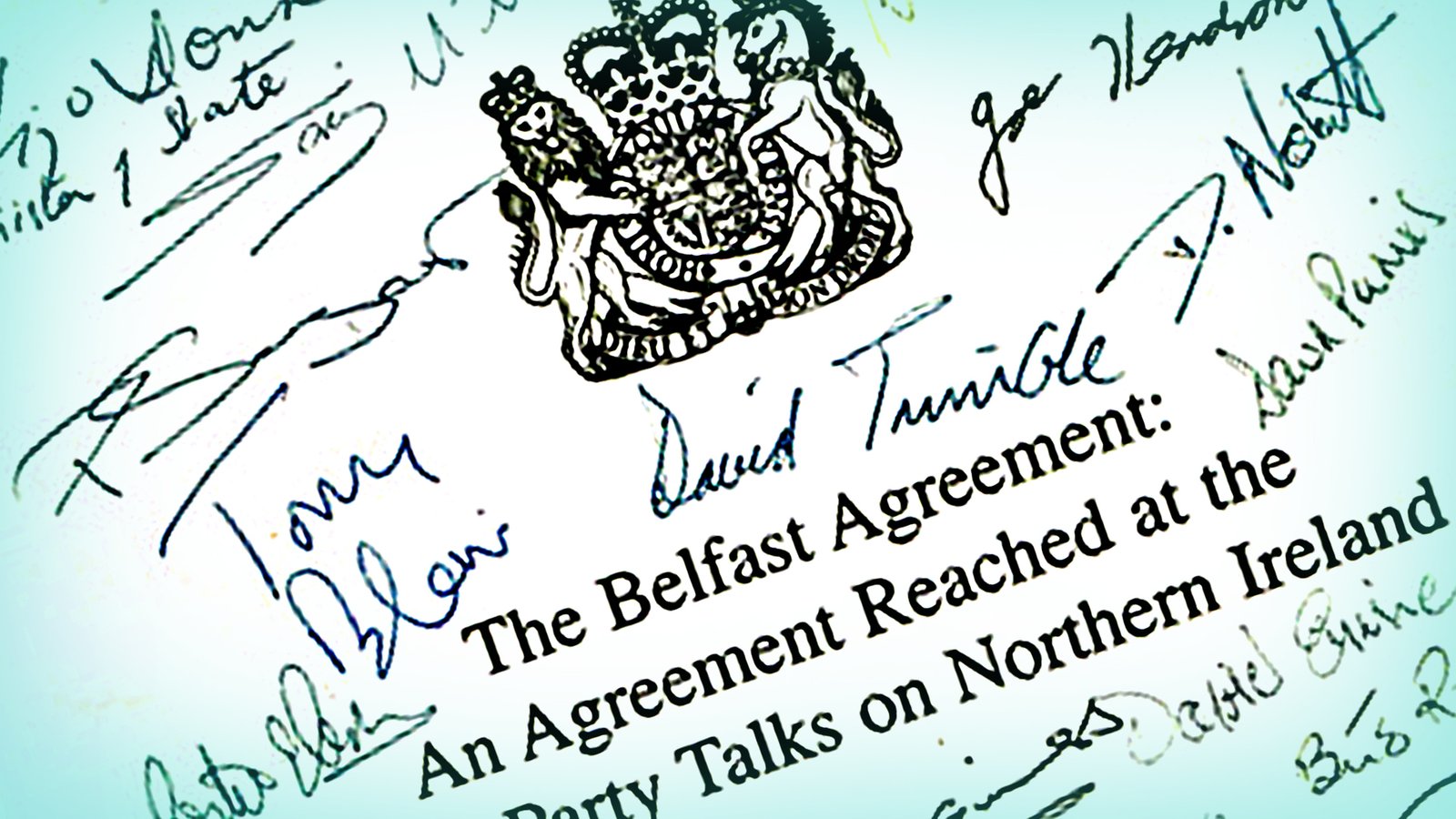
Background:
The Northern Ireland conflict (late1960s-1998)-The Troubles- a political and sectarian violent conflict. Nationalist/republican (mainly Catholic) and unionist/loyalist (mainly Protestant) communities were at war over whether the region would be part of a united Ireland or a continuing member of the United Kingdom.
Diplomatic Efforts:
The British and Irish governments and the main political parties from Northern Ireland fought lengthy negotiations. The U.S. was a quiet back-room supporter and Senator George Mitchell was tapped to help mediate.
Outcome:
In 1998, the Good Friday Agreement-also known as the Belfast Agreement-was signed. It established a devolved power-sharing government for Northern Ireland, allowed the governments of Ireland and the United Kingdom to establish a cross-border co-operation, and shared authority between Britain and Ireland to disarm paramilitary groups. The agreement was approved by referendums in both Northern Ireland and the Republic of Ireland, which established the end of most of the violence (though sporadic violence continued) and ultimately was seen to be a highly favourable political settlement for all sides.
3: The Joint Comprehensive Plan of Action (JCPOA, 2015)
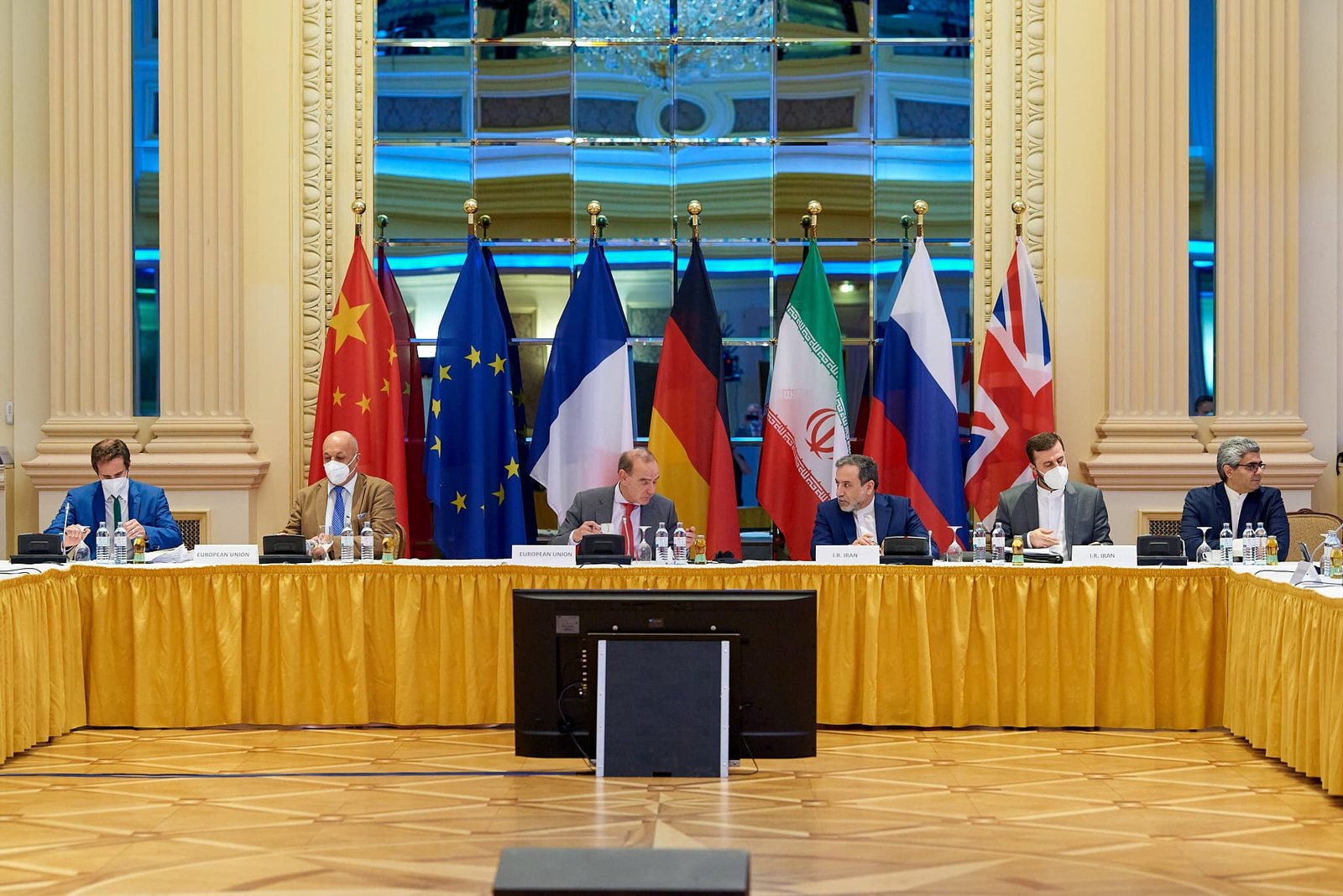
Background:
Iran nuclear program – export fears of atomic weapon production This problem caused the United Nations to increase political sanctions against Iran, and the European Unionand the United States stepped up economic sanctions against Iran too, with the result that the Iranian economy was strongly sanctioned.
Diplomatic Efforts:
Now, the JCPOA was the result of a long series of negotiations between Iran and the P5+1 (the five permanent members of the UN Security Council — you know, China, France, Russia, the United Kingdom, and the United States — plus Germany). It consented to the talks to get the sanctions lifted but US President Joe Biden was working to get back into it.
Outcome:
The Iranian nuclear deal, negotiated in 2015, committed Iran to scaling back its nuclear activities and giving the IAEA broad inspection powers. In exchange the international community eased some economic sanctions. Since then, even after the Trump administration announced in 2018 that it would not adhere to the agreement, efforts to preserve and renegotiate the terms of the deal have persisted, underscoring the continued relevance of diplomacy to nuclear nonproliferation.
4: The End of Apartheid in South Africa (1990-1994)
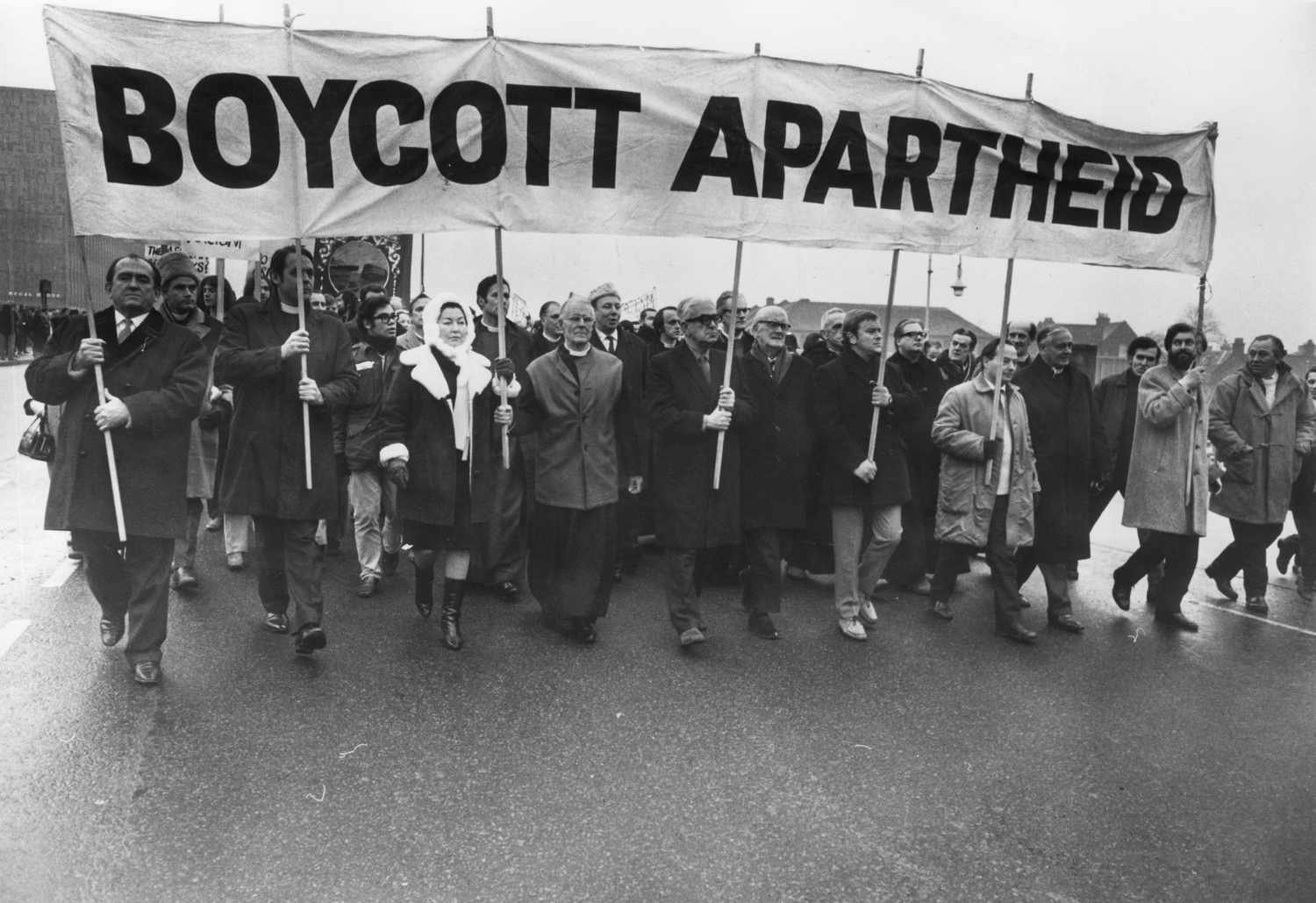
Background:
Apartheid, the racial segregation and discrimination system that was institutionalised in South Africa resulted in large scale internal and international conflict. The black majority struggled to overcome apartheid and coded segregated laws through the African National Congress and many other anti-apartheid movements, usually crushed by the government.
Diplomatic Efforts:
Apartheid was dismantled in a series of negotiations from 1990 to 1993, ending in a transition to majority rule. Key leaders: President F.W. de Klerk and Nelson Mandela (released from prison in 1990 after 27 years).
Outcome:
The new constitution was negotiated at a series of talks, culminating in the CODESA talks. It then had its first multiracial elections in 1994, and saw Nelson Mandela become President. The easy transition to majority rule government was surely an example of diplomacy that held the internal divisions at bay.
5: The Rapprochement between the United States and Cuba (2014-2016)
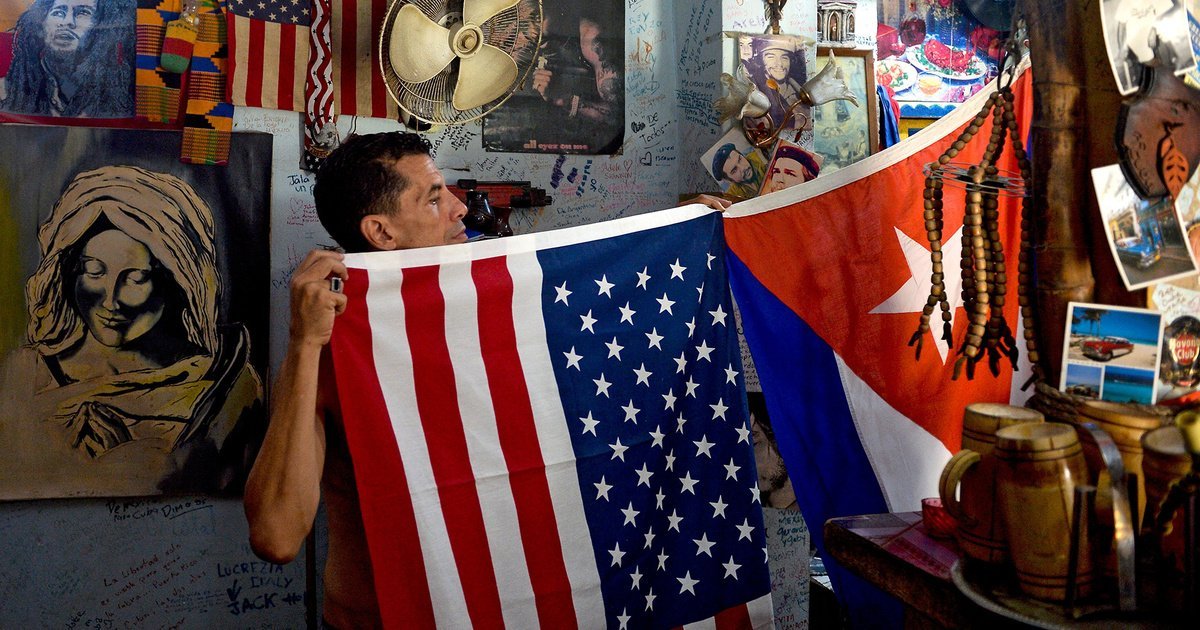
Background:
The United States had been enemies Cuba since the Cuban Revolution in 1959 that overthrew the U.S.-backed dictator and established a communist government led by Fidel Castro. A subsequent U.S. embargo on Cuba and events such as the Bay of Pigs invasion and Cuban Missile Crisis made the enmity permanent.
Diplomatic Efforts:
The Vatican brokered secret talks hosted by Canada have led to a thaw in relations. Then in 2014, U.S. President Barack Obama and Cuban President Raúl Castro announced the opening of diplomatic relations.
Outcome:
This outreach led to the reestablishment of embassies in Havana and Washington, diplomatic travel and trade, and mutual support for priorities like public health and environmental conservation These were relaxed following the beginning of a dialogue between India and Pakistan in 2004.However, even though some of those easing of restriction were reversed in 2017, the period still represents a significant divergence towards dialogue and engagement.
Summary
These cases provide examples of the ways in which national diplomacy can end conflicts and help bring nations together. With negotiation, compromise, and respect, even the worst of enemy businesses can reset to partnership. While every case is different, the idea is the same: Diplomatic solutions are critical if peace and security are to be maintained around the world.